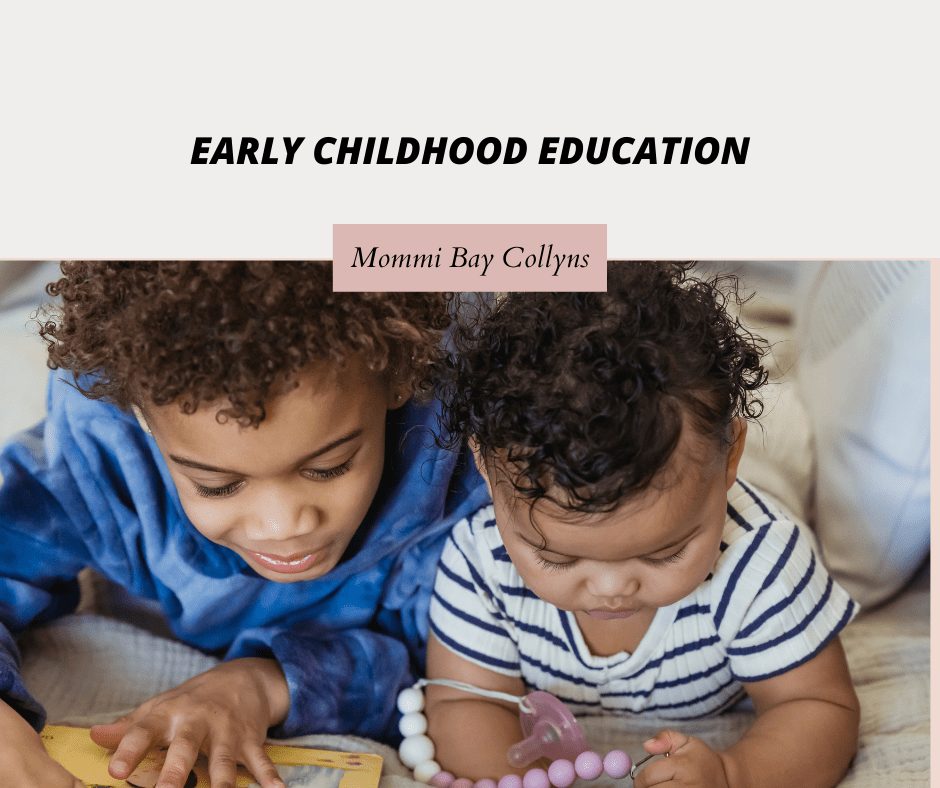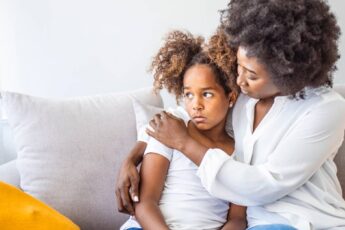Early Childhood Education
As I reflect on my early childhood learning, my daughters’ stages of development as well as my assessments and observations as a primary teacher; I have recognized and welcomed the developed academic standards that support the concept that children are born learning.
Parents, caregivers and educators may obtain Early Learning Developmental Milestones by requesting the guidelines from a pediatrician, family resource center/ clinic or nurse practitioner. Listed below are some of the categories that identify and describes a learning and academic pathway to assess your child’s progress, beginning at birth and continues throughout his/her school years.
Cognitive Development
This relates to how children think, explore and solve age-appropriate problems. Think about children building with blocks, they are focusing and monitoring on what it takes to keep the blocks from falling. Hence, playing and problem-solving alone or with others are important elements that promotes cognitive development; Other activities that can be considered are simple board games or puzzles.
Often cognitive milestones can be observed when children enter kindergarten knowing their letters, sounds, their first and last name, how to count and recognize a few sight words that they often see ( i.e. I, stop and look). One of my favorite and ongoing child/parent activities is visiting to the library; Whether it is checking out and reading books or enjoying story time. Reading, listening and learning experiences helps the child to understand their world.
Physical Development
Crawling, walking, jumping, skipping and the ability to feed themselves are just a few of the milestones that are in this category. Most children can hold a crayon between the ages of 2-4. Coloring is a wonderful activity for youngsters for motor skill development.
When you feel your preschooler is ready, child safe scissors are available online and inside stores. These skills allow children to use both hands while tracking with their eyes. If your child is not ready for scissors, tearing paper along lines or circles uses similar skills.
When age appropriate, this category includes, going to the bathroom, getting dressed, putting on a coat or tying their shoes.
Social/Emotional Development
Like adults, children have many feelings. Kindness, sharing, anger or separation anxiety. Children need to learn how to express their feelings. Learning how to cope with these emotions can spark many conversations between you and your preschooler. You can support your ideas with various types of interactions. Rolling a ball back and forth is an early start to learn how to take turns.
As they develop, play a game with balls or play a board game. Role playing helps adults to understand how the child sees his/her world. Simple observation can tell you how the child is thinking. Puppet shows are another great way
to recognize and understand emotions of others. Children learn what they see from adults as well as other children.
Language Development
This is a personal one for me as a parent. This was my first clue that my child had a disability. This category is important for communication, expressing thoughts and ideas and understanding other people’s thoughts and needs. Singing childhood songs, is a long standing tradition of parents and playing Name That Item helps with communication. Listen for age appropriate speech development. Is it clear for the child’s age?
What if I am concerned?
You are not alone. Discussing any concerns with your healthcare provider will assist in identifying developmental delays or progress. Healthcare providers can recommend local agencies that can help you
and your child. Most counties/districts have early intervention specialist at little or no cost.
As a parent of two children, one with language developmental delays, I can relate to any feelings of being overwhelmed. At times, I felt like waiting for that appointment took forever. I recall rearranging my schedule to make or keep those appointments and helping my daughter using the recommended strategies, was a commitment on my part as the parent. I knew that dealing with my concerns that the pediatrician and I shared in a timely manner was most helpful to my youngest child.
Remember, just because your child has a disability in one category doesn’t mean they will have trouble in all categories. My daughter has great physical stamina, despite her language delays.
What happens if my child is already meeting the standards?
If you child is exceeding the standards, take it to the next level. Your child will show signs if it is overwhelming. I found that as long as my oldest daughter knew that I supported her, she developed confidence to achieve her best. If they can write their name at three years old, great.
If they have the ability to add and subtract with or without using manipulatives, i.e. popsicles sticks, encourage your child to do their best. This was a great foundation that she used once she arrived in school. Parents have many options regarding childcare. Whatever you decide, take time to make sure they are developing in all areas. Remember, when reading to children and interacting in daily age appropriate conversations, they will have a larger vocabulary and better grammar development.
Reference
American Academy of Pediatrics
Mommi Bay Collyns

I enjoy writing for children and their families. I consider myself a lifelong learner and I am pleased to be on this journey of discovery with diverse ideas. My motto is today and reader and tomorrow a leader.
I have been published in Kappan Magazine (April, 2021), Equestrians of Color (July, 2021) Plaid Horse Magazine (Dec./Jan. 2021) and Language Magazine (January, 2022. Additionally, I am a guest blogger for Orange Blossom Publishing (November, 2021), Black Girl Spoken (December, 2021) Kids World (January, 2022) and Young Money Finance (February, 2022).
My husband and I live in Orlando, Florida. I relish my years of teaching children, now I teach adults and parenting our two daughters. My leisure times allows me to help children with disabilities improve the quality of their lives by riding horses in addition to riding myself.
Remember: “Words are to the mind and soul as food is to the body.” Bay Collyns








Leave a Reply